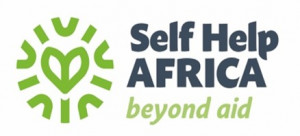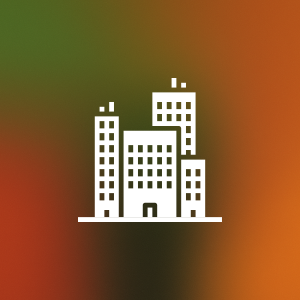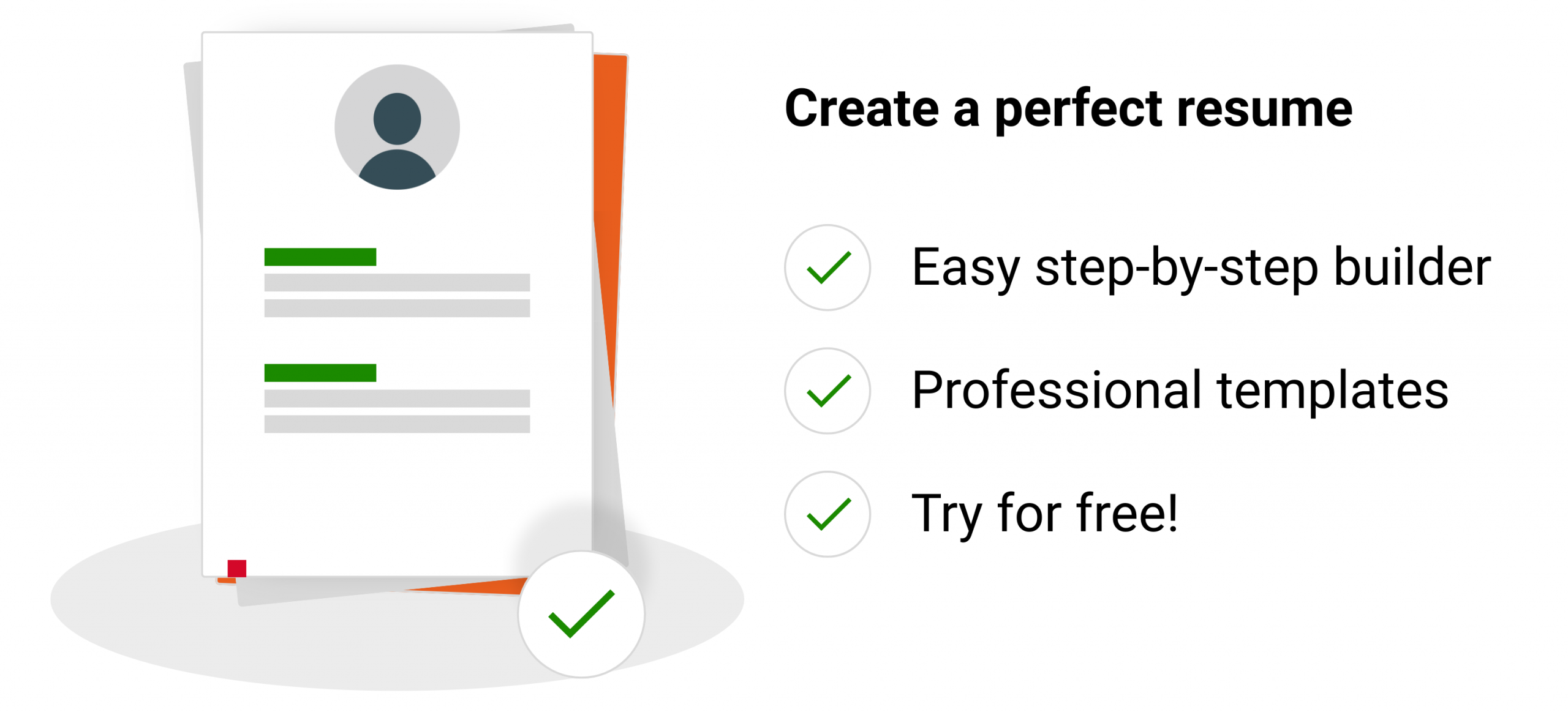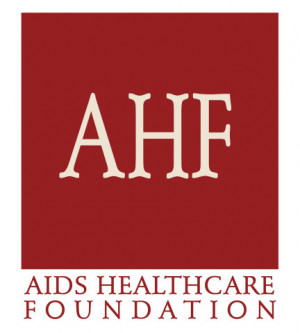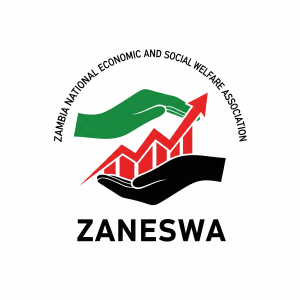Terms of Reference (ToR)
Consultancy to Conduct the Mapping of Organisations of Persons with Disabilities (OPDs) and Disability-focused Organisations
Project Name: AIM Zambia - Integrated Action for Mitigating the Effects of Climate Change on the Most Vulnerable Communities in Zambia
Location (Districts): Shangombo, Sikongo, Chibombo, Mumbwa, Kalomo, Lusaka, and Namwala
Reports to: CBM Programme Manager
Partners: Christian Blind Mission (CBM) and Adventist Development and Relief Agency (ADRA)
Duration: 20 Working Days Expected Start Date: 25th November 2025
1. Background
Christian Blind Mission International (CBM), Christian Blind Mission - Italia (CBM Italia), in collaboration with the Adventist Development and Relief Agency (ADRA) Zambia is working with the Celim Zambia (Lead partner) and other partners (Africa Call Organization (ACO), People in Need (PIN) and Keepers Zambia Foundation (KZF) in a consortium program. The partners are implementing an inclusive humanitarian and development initiative aimed at improving the resilience capacity of rural communities affected by drought. This is done by addressing needs in Food Security, Nutrition, WASH services, and strengthening protection, prevention, and inclusion mechanisms for vulnerable people. The initiative is funded by the Italian Agency for Development Cooperation (AICS).
The project intervention through Work Package 1 (WP1) supports the target rural communities in the sectors of agriculture and food security and access to basic nutrition-related services – including access to safe drinking water – with an “early recovery” approach. Climate-resilient agricultural inputs and knowledge (climate-smart agriculture) will be transferred to promote increasingly sustainable food systems capable of ensuring the production of healthy, nutritious, and sufficient food while preserving biodiversity and natural resources such as water resources.
Interventions in Work Package 2 (WP2) relates to the Water and Hygiene sector, responding to priorities highlighted during the Italy-Africa Summit to ensure universal access to safe drinking water and adequate sanitation services in rural areas.
Finally, the project pays specific and cross-cutting attention to the needs of women, people with disabilities (with physical and mental impairments), and minors, for whose protection and inclusion a specific methodology is entrusted to Work Package 3 (WP3), in compliance
with the “Guidelines on Disability and Social Inclusion 2018”, the “AICS Guidelines on Childhood and Adolescence 2021”, and the AICS “PSEAH Code”. CBM and ADRA are responsible for the implementation of WP 3.
To anchor disability-inclusion across the project activities and to specifically ensure participation of OPDs as foreseen under WP3, CBM intends to engage a consultant (individual or firm) to conduct an assessment and mapping of Organisations of Persons with Disabilities (OPDs) and disability-focused Organisations, which will also shed light on the specific needs and barriers of people with disabilities in the seven target districts—Shangombo, Sikongo, Chibombo, Mumbwa, Kalomo, Lusaka, and Namwala.
2. Purpose and Objective of the Assignment
The consultant will map Organisations of Persons with Disabilities (OPDs) and assess their level of involvement in district governance and community structures. Starting with the OPDs the consultant will subsequently map disability-focused organisations (those working for the wellbeing and providing services for persons with disabilities), including key government and community entities and collect data on the specific needs and requirements of people with disabilities.. This will involve conducting surveys with OPDs and the above-mentioned organisations as well as several Key Informant Interviews (KII) and/or Focus Group Discussions (FGDs) with OPDs on their role within the target communities, including their involvement in humanitarian activities across the seven target districts: Shangombo, Sikongo, Chibombo, Mumbwa, Kalomo, Lusaka, and Namwala.
Through this consultancy, the project seeks to:
- Identify and map Organisations of Persons with Disabilities (OPDs) in the seven target districts
- Map and identify other key actors, organisations and groups and networks, including governmental departments, non-governmental organisations (NGOs), community-based organisations (CBOs) and faith-based organisations (FBOs) that provide or facilitate access to these services at the community and institutional levels.
- Analyse specific needs, service gaps, challenges, and barriers (physical, attitudinal, institutional, communication, and policy-related) through surveys, KIIs, FGDs or other participatory methods with selected participants, that limit the participation of persons with disabilities, and their representative groups (OPDs).
- Assess the extent of inclusion and participation of OPDs and persons with disabilities in decision-making platforms, community structures and local governance mechanisms that affect service delivery and development planning.
- Identify opportunities for synergy and collaboration among government, civil society, and community actors to strengthen service provision and disability inclusion.
- Generate practical and context-specific recommendations for actions that will strengthen disability-inclusion and collaboration within the program and in case of a scale up or build on interventions. These recommendations will guide future programming, resource allocation, advocacy and partnership strategies for the project, and other humanitarian and development stakeholders working on disability inclusion.
3. Scope of Work and Key Activities
The consultant will be responsible for carrying out the following activities:
A. Inception and Planning
- Hold an inception meeting with key project staff to clarify objectives, expectations and deliverables.
- Develop an Inception Report outlining the proposed methodology, data collection tools, sampling plan, ethical considerations and detailed work schedule.
- Design inclusive assessment and mapping tools that accommodate persons with various disabilities (use of sign language interpretation, digital formats, easy-to-read formats, etc.).
B. Desk Review and Secondary Data Analysis
- Review existing documentation, including:
- Reports and studies from CBM, ADRA, ZAFOD, other disability-focused Organisations and government ministries.
- Humanitarian frameworks such as the Drought Zambia Revised Appeal (2024–2025).
C. Field Data Collection
Conduct fieldwork in all seven target districts using a mixed-methods approach (quantitative surveys, KIIs, FDGs and other participatory stakeholder consultations).
Identify and document:
- Organisations of Persons with disabilities
- Organisations providing services to persons with disabilities and supporting disability rights and disability inclusion, inclusive of Community-based organisations (CBOs) and informal groups providing support to persons with disabilities.
Public and private institutions providing services for persons with disabilities, and their representative groups.
With the support of the other project partners, engage key district-level officials and community leaders in charge of disability-inclusion.
D. Data Analysis and Validation
- Conduct a comprehensive analysis of qualitative and quantitative data, disaggregate by age, sex and disability where necessary
- Classify organisations and institutions mapped by type, sector, and geographical coverage.
- Identify involvement in decision-making, gaps, overlaps and opportunities for improved coordination and inclusivity.
- Organise a validation workshop with all project partners, OPDs, government and other relevant stakeholders and to verify findings and gather feedback.
E. Reporting and Dissemination
- Produce district-level mapping reports summarising findings and key insights.
F. Develop a consolidated final report with:
- Profiles of organisations and institutions mapped by district.
- Key findings on specific needs and access of persons with disabilities to services
- Identified challenges, good practices and opportunities for collaboration
- Recommendations and an action plan for enhancing disability-inclusive service delivery.
- A presentation in accessible format (the CBM team will provide guidance) of the major findings and
- Presentation of the findings to the project and stakeholders
4. Duration and Level of Effort
The consultancy is expected to be completed within 20 working days, including preparation, data collection, analysis and reporting phases.
5. Consultant Qualifications and Experience
The consultant (individual or firm) must meet the following criteria:
- Advanced degree in Social Sciences, Disability Studies, Public Health, Humanitarian Action or Development Studies, or related fields.
- Minimum of five (5) years of experience conducting mapping, baseline studies, or evaluations—preferably on disability inclusion and social development.
- Proven understanding of disability rights frameworks, especially the UNCRPD and National Policy on Disability, knowledge on disability inclusion in humanitarian action an asset
- Experience in qualitative and quantitative data collection and analysis.
- Strong facilitation and communication skills, including ability to engage with persons with disabilities and their representative organisations (OPDs) in a participatory and rights-grounded manner
- Excellent report-writing skills and ability to synthesise complex findings into actionable recommendations.
- Prior experience working with in similar humanitarian/development organisations is an added advantage.
- Prior experience working with OPDs and their members is an added advantage
- Ability to communicate in the local languages; Silozi, Chitonga and Chinyanja/Lenje.
6. Application
Interested applicants submit an offer consisting of:
- CV of consultant or consultants (all team members)
- Letter of motivation
- Detailed technical offer including timeline
- Financial offer
- References
Application to be sent to procurement.zambia@cbm.org
7. Deadline for applications:
22nd November 2025
